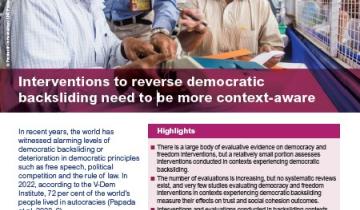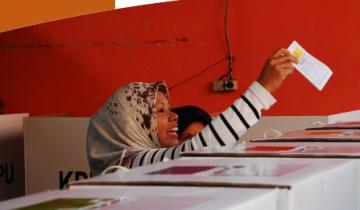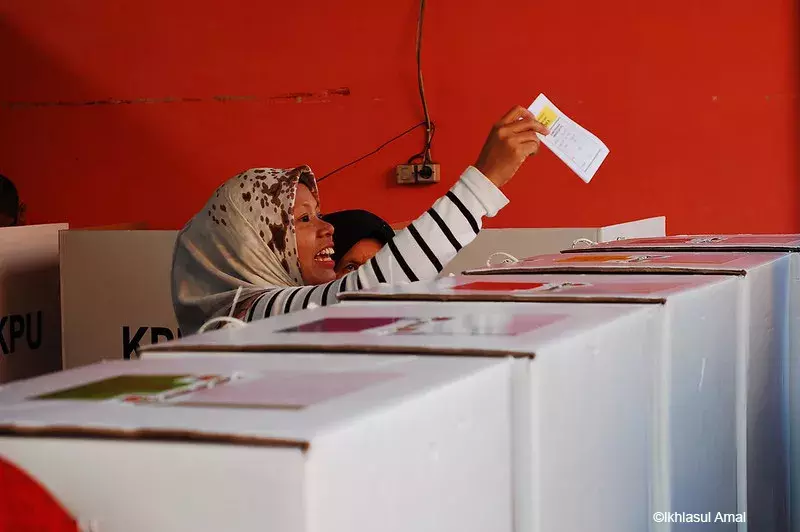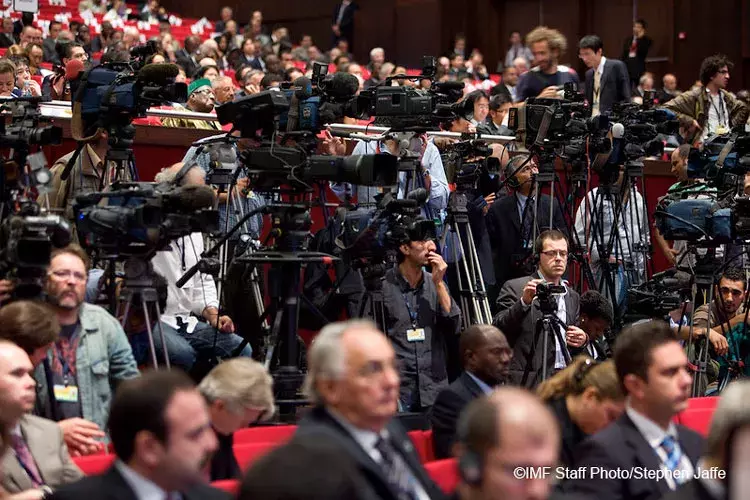Evidence for Curbing Democratic Backsliding
Over the past 30 years, while advocacy for democracy and democratic freedoms has spread, countries across the globe have been experiencing democratic backsliding. There are more contexts with deterioration of qualities associated with democratic governance or erosion in democratic principles such as competitive elections, political participation, and public accountability. With support from FCDO’s Development and Open Societies Directorate, 3ie is examining the evidence around democracy and freedom interventions to assess whether and how these work in 13 countries in East Asia and the Pacific, Europe and Central Asia, South Asia and Sub-Saharan Africa.
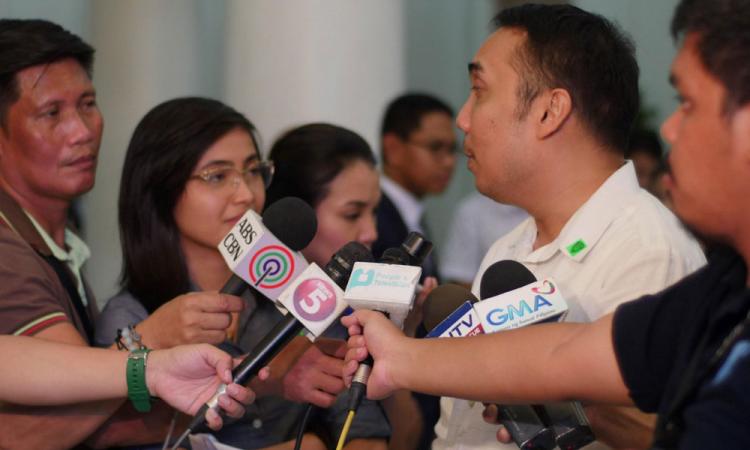
About the project
In 2021, a record number of States – 30 countries home to 2.8 billion people – were experiencing substantial democratic backsliding, according to the V-Dem Institute’s 2022 Democracy Report. Another democracy watcher, the Freedom House has also recorded 15 consecutive years of decline in a number of democracies worldwide as of 2021. The V-Dem Institute recorded a further retreat in 2022, with the level of democracy enjoyed by the average global citizen down to the levels registered in 1986. For the first time in the past 35 years, the authors of the 2023 Democracy Report found more closed autocracies than liberal democracies. Given these trends of worsening democratic backsliding, policy interest in democratization and the evidence around the effects of democracy and freedom interventions has been increasing.
Using the body of evidence curated in 3ie’s six evidence gap maps of interventions on democracy, human rights and governance (the DRG EGMs), this project first mapped the evidence and evidence gaps focusing on democratic backsliding contexts. This new evidence gap map provides a descriptive analysis of the types and numbers of impact evaluations and systematic reviews available and their characteristics, including information about the types of interventions and outcomes featured in the identified studies, the geographic location of interventions, study designs, and funders of the research.
Click here to read the Evidence gap map and REA protocol document
Using this map and focusing criteria aligned with FCDO’s interest areas as laid out in the protocol, we are now producing a rapid evidence assessment (REA) synthesizing evidence around the effects of interventions implemented to address democratic backsliding in 13 countries chosen with FCDO in East Asia and the Pacific, Europe and Central Asia, South Asia and Sub-Saharan Africa. Thus, the REA uses the DRG EGMs’ evidence base without conducting a new search for studies and narrows the scope to interventions in the 13 countries to provide rigorous evidence faster than a full systematic review.
The REA aims to provide novel insights on implications of existing research for use in programming by the FCDO and other stakeholders to reverse democratic backsliding in Indonesia, the Philippines, Türkiye, Bangladesh, India, Pakistan, Democratic Republic of Congo, Kenya, Mozambique, Niger, Nigeria, Tanzania, and Zambia. The project will also reveal important evidence gaps for future research. The REA will be accompanied by practitioner-friendly briefs for decision-makers to easily find and weigh the evidence for each outcome domain.
